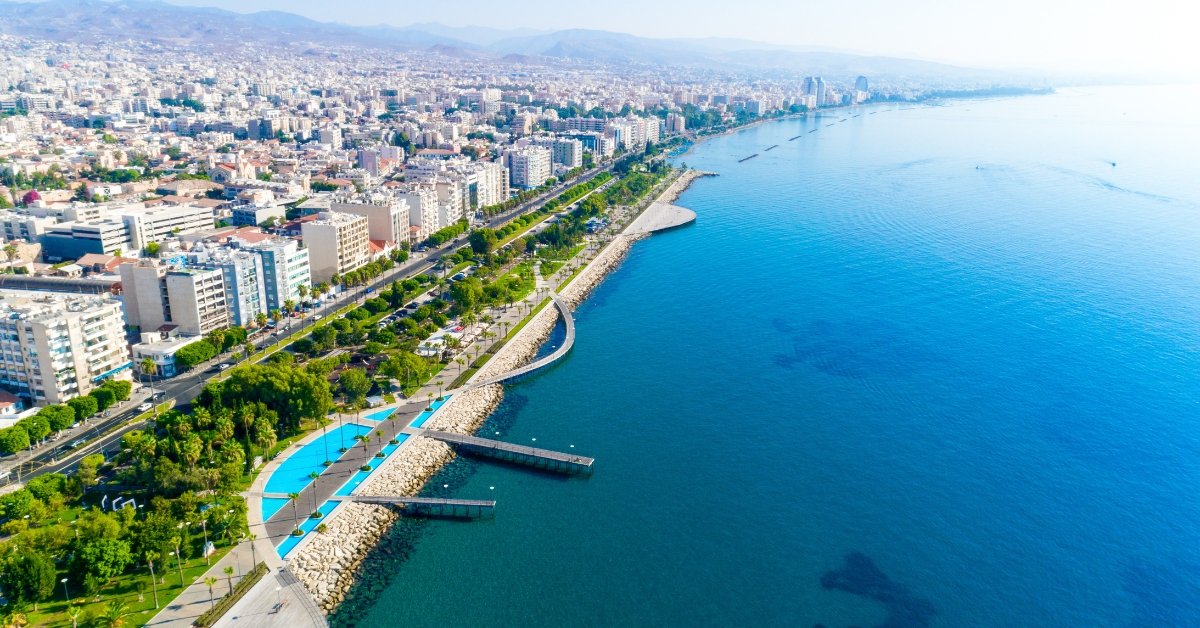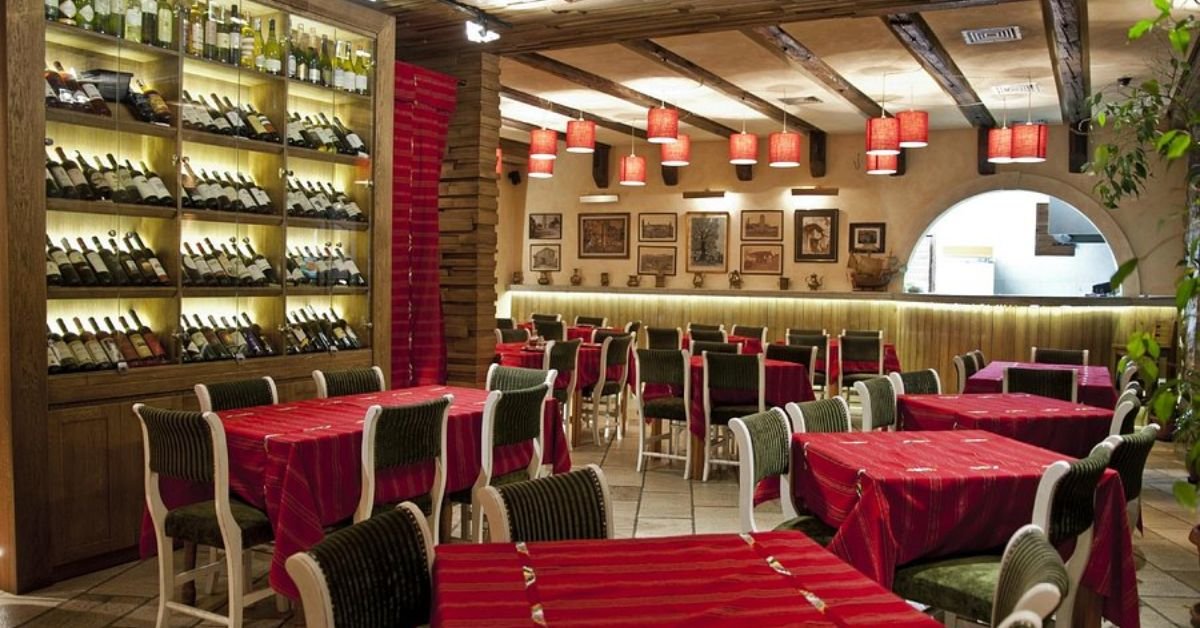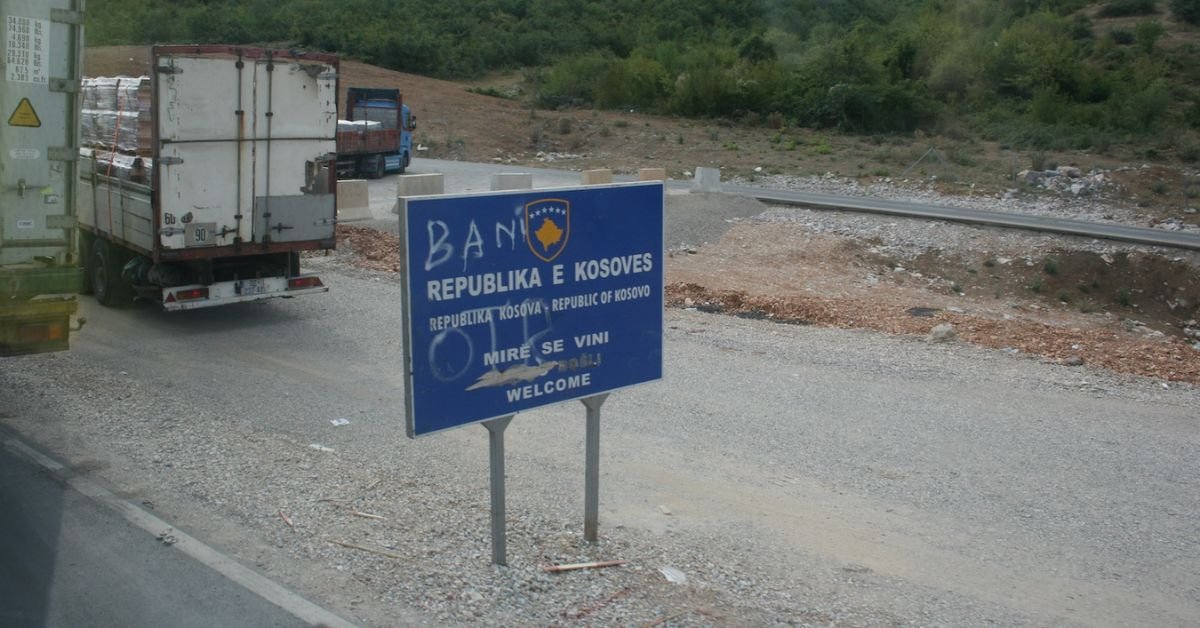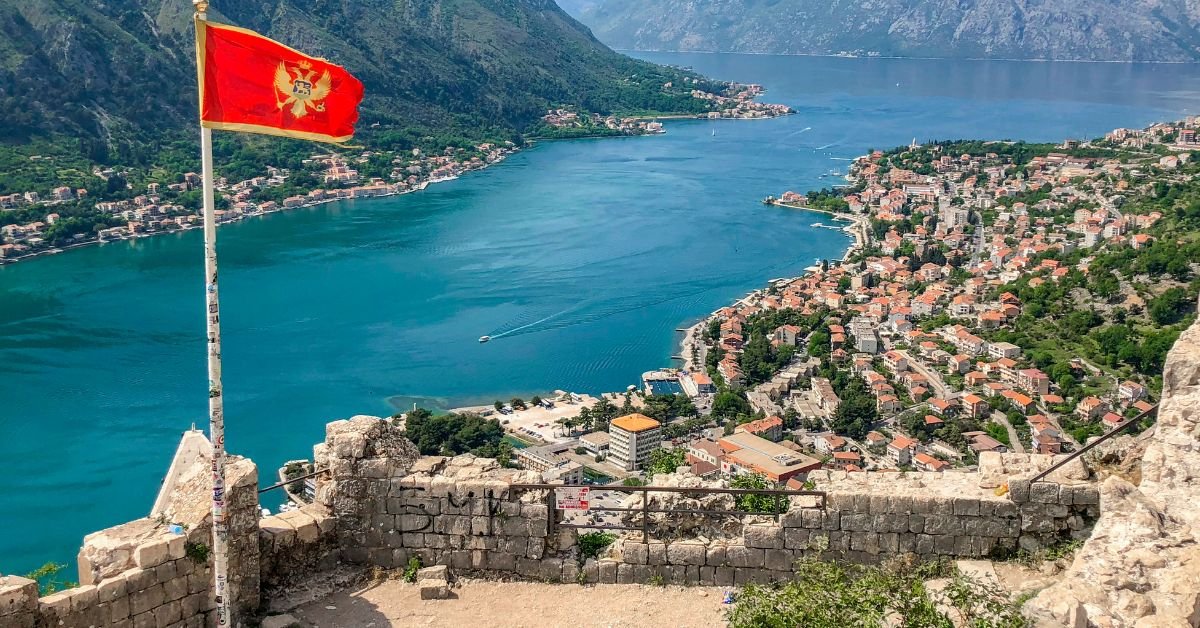The ultimate guide to the cost of living in Cyprus for expats, covering housing, food, healthcare, transportation, and tips to make your move easier.
Table of Contents
Introduction
Imagine waking up to sunny skies and crystal-clear waters, exploring vibrant markets, or simply unwinding with a cup of Cypriot coffee while soaking in the island’s beauty.
Moving to Cyprus as an expat offers an unparalleled lifestyle, but planning your finances is critical to making the most of your new home.
This guide breaks down the cost of living in Cyprus, covering everything from housing and food to healthcare and entertainment.
With these 10 detailed insights, you will understand what to expect, helping you budget wisely and settle in seamlessly.
1. Housing Costs in Cyprus
Housing is a significant part of any expat’s budget, and Cyprus offers options for every lifestyle.
If you are drawn to the bustling energy of city life, Limassol and Nicosia are prime choices.
These cities are hubs for professionals and offer plenty of modern apartments, restaurants, and amenities.
However, if you prefer a slower pace, Paphos and Larnaca provide more affordable housing in a relaxed setting.
The housing market in Cyprus caters to both short-term renters and long-term residents.
Many expats negotiate with landlords for discounts, especially on longer leases.
Utilities, though generally affordable, can rise in summer due to air conditioning, so it is essential to account for seasonal fluctuations.
- City Centers: One-bedroom apartments cost €900–€1,000/month, and three-bedroom apartments are €1,700–€2,000/month.
- Smaller Towns/Suburbs: Rent for one-bedroom apartments starts at €700/month, with three-bedroom homes at €1,300/month.
- Utilities: Monthly utility costs average €200, higher in summer.
- Pro Tip: Look for off-season rental deals in tourist-heavy areas to save on housing costs.
2. Food and Grocery Costs
Cyprus is a haven for food lovers, blending Mediterranean flavors with affordability.
Whether picking up fresh vegetables at a local market or indulging in a feast at a taverna, food is both a joy and a manageable expense.
Farmer’s markets in cities like Limassol and Nicosia are must-visits for affordable, high-quality produce.
Seasonal fruits, vegetables, herbs, and local cheeses are inexpensive and incredibly fresh.
Dining out is equally appealing, with tavernas serving hearty meals at reasonable prices.
While imported goods can be pricey, sticking to local products allows you to save without compromising quality.
- Groceries: Weekly grocery costs range between €50–€70.
- Dining Out: A meal at a local restaurant costs €15/person, and acceptable dining averages €60 for two.
- Pro Tip: Cook at home using fresh market produce to enjoy the health and flavor of the Mediterranean diet on a budget.
3. Transportation Costs
Transportation in Cyprus is reliable in cities but less developed in rural areas.
Public buses are an affordable and eco-friendly way for expats living in urban centers like Nicosia or Limassol to get around.
However, owning a car becomes almost essential if you plan to explore Cyprus’s hidden gems, like its mountain villages or secluded beaches.
Second-hand cars are widely available, and fuel prices are relatively low compared to other European countries.
Car rentals and ride-sharing apps can be convenient alternatives for shorter stays or occasional trips.
- Public Transport: A one-way bus ticket costs €2, and monthly passes are available for €50.
- Car Ownership: Fuel is €1.40/liter, with used cars starting at reasonable prices.
- Pro Tip: If you are unsure about car ownership, explore carpooling or rentals to reduce costs.
4. Healthcare in Cyprus
Cyprus offers a world-class healthcare system at an affordable price, making it a key draw for expats.
The General Healthcare System (GHS) provides residents with subsidized services, including consultations, treatments, and prescriptions.
Private healthcare is also readily available for those who want quicker access or specific specialists.
Public hospitals are well-equipped for routine care, while private clinics cater to more specialized needs.
Many expats combine GHS with private health insurance for comprehensive coverage.
- Public Healthcare: General practitioner visits cost €6–€20, and specialist fees range from €20–€30.
- Private Healthcare: Consultation costs start at €50 and can go up to €300 for complex treatments.
- Pro Tip: Register with the GHS immediately upon obtaining residency and consider private insurance for additional peace of mind.
5. Education for Expats
Education is often a top concern for expats with families.
Cyprus offers public, private, and international schools catering to diverse needs.
Public schools are free but primarily teach in Greek, which may not suit expat children.
International schools, on the other hand, provide English-medium education and follow globally recognized curriculums.
International schools are top-rated among expats, but it is crucial to apply early, as spots fill up quickly.
Daycare centers and preschools are also available for younger children, offering flexible and affordable options for working parents.
- International Schools: Annual fees range between €5,000 and €10,000.
- Public Schools: Free but mainly taught in Greek.
- Childcare Costs: Daycare ranges from €340 to €600/month.
- Pro Tip: Start your search for schools early and prioritize international schools for children unfamiliar with Greek.
6. Utility Bills and Internet
Utilities in Cyprus are affordable, though electricity costs can vary depending on the season.
Solar water heaters, common in most homes, help reduce energy expenses.
High-speed internet is widely available, even in smaller towns, making it easy for remote workers to stay connected.
- Electricity and Water: Monthly costs range from €150 to €200, depending on usage.
- Internet: High-speed packages start at €35/month.
- Pro Tip: Use energy-efficient appliances and solar-powered systems to save on utility bills.
7. Entertainment and Leisure
Life in Cyprus is about enjoying the little things—spending a day at the beach, attending a local festival, or simply savoring a coffee at a quaint café.
Entertainment here is diverse and often inexpensive.
Pristine beaches like Nissi Beach and Fig Tree Bay are free to visit, while outdoor activities like hiking in the Troodos Mountains cost nothing but your time.
The island’s calendar includes events, from wine festivals in Limassol to traditional fairs in small villages.
Expats can also join social clubs or fitness groups to meet like-minded people and explore new hobbies.
- Beaches: Free to access, with sunbeds available at nominal costs.
- Gyms: Memberships cost €50–€70/month.
- Pro Tip: Check expat groups on Meetup or Facebook for free or low-cost events.
8. Banking and Financial Services
Setting up your finances in Cyprus is straightforward.
Most banks offer services in English, and opening an account typically requires just your passport, proof of address, and residency documentation.
Understanding the tax system is crucial for expats, as Cyprus offers favorable tax benefits for individuals below a certain threshold.
- Bank Fees: Basic accounts cost €2–€5/month.
- Taxes: Income below €19,500/year is tax-free.
- Pro Tip: Use local tax advisors to ensure compliance and maximize benefits.
9. Climate and Energy Savings
Cyprus’s sunny weather is not just a luxury but a financial perk. With over 300 days of sunshine yearly, most homes use solar water heaters, cutting energy costs.
Winters are mild, meaning you will spend less on heating compared to colder climates.
- Pro Tip: Enjoy Cyprus’s sunny climate by engaging in free outdoor activities like hiking or cycling.
10. Safety and Community
Safety is a significant advantage of living in Cyprus.
The island is known for its low crime rates and welcoming community, making it an ideal destination for families and retirees.
Thanks to the active social scene and friendly locals, expats often find it easy to integrate.
- Pro Tip: Join local events and expat groups to build connections and immerse yourself in the culture.
Conclusion
Relocating to Cyprus as an expat offers a unique blend of affordability, culture, and quality of life.
By understanding these 12 critical areas of the cost of living, you can plan your finances, enjoy the local lifestyle, and make the most of your new adventure.
Cyprus is not just a place to live—it is a place to thrive.






